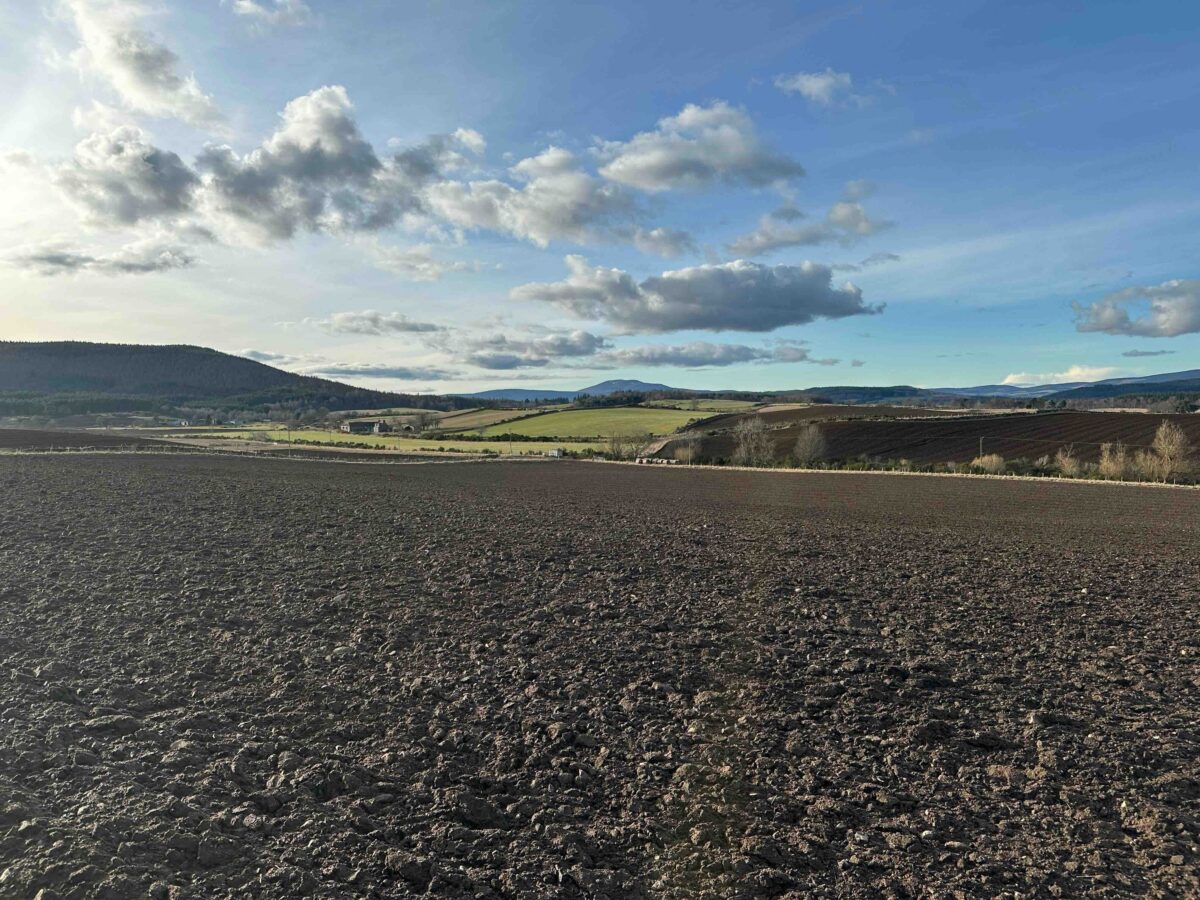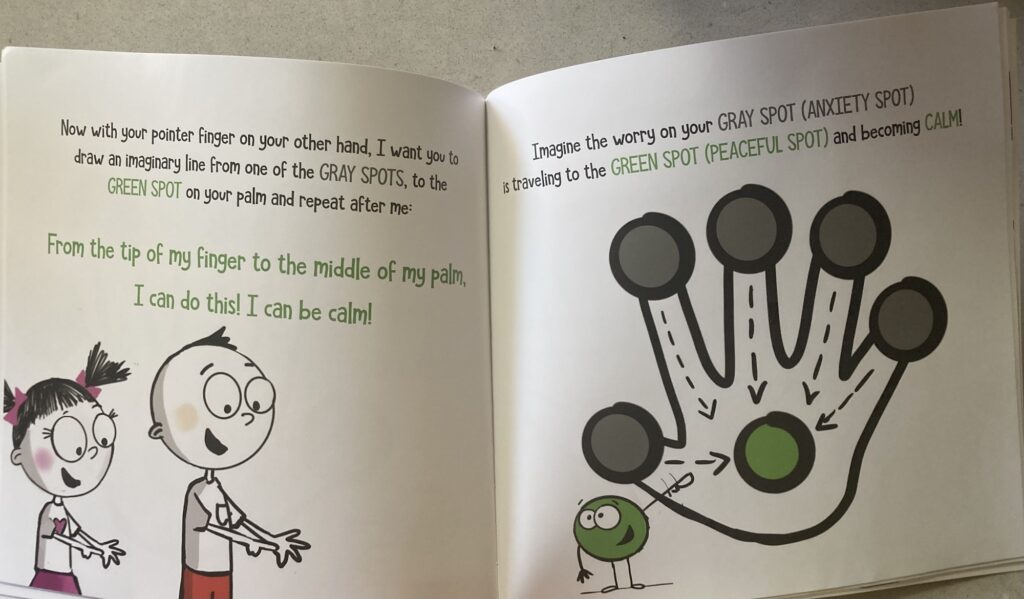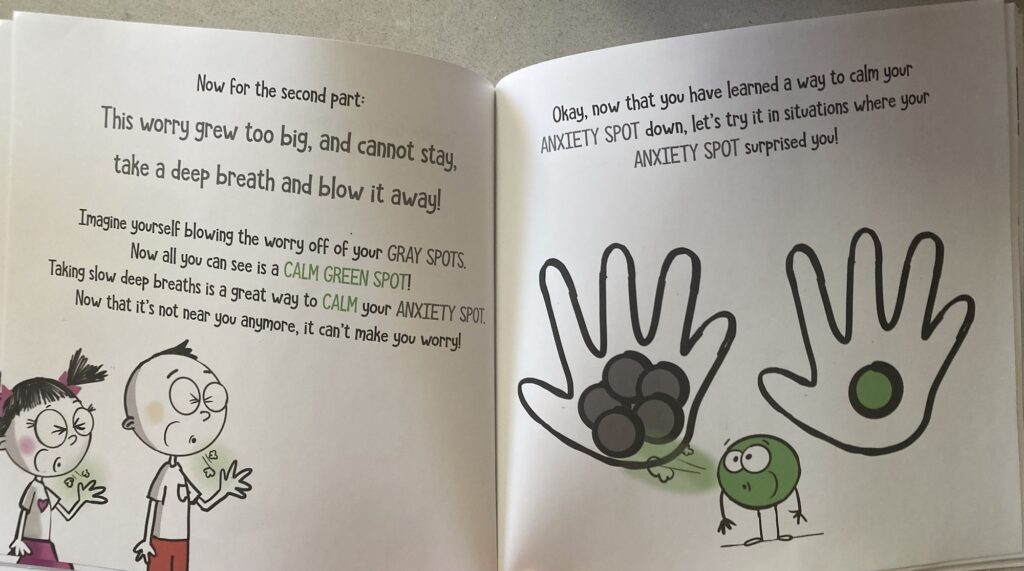I’m going to wade right into discussions of war, foreign policy and faith. What could go wrong?
No simple stories
First of all, I want to acknowledge these matters are complex. And simple demonization of either side of a conflict doesn’t speak to the truth. And simple wishing for peace can feel really naive, ignoring the real reasons people are upset and afraid.
Through-out the brutal war in Gaza I’ve appreciated the voice of Rabbi Danya Ruttenberg, who consistently faces the harsh reality of what’s going on and refuses to dehumanise either side. She can unpack the history, the ideology, and the politics on both sides of a conflict. She can call out wrongdoing when she sees it. And she can draw us back to the truths tied up in our shared humanity.
Her post from the days after the October 7th terrorist attacks on Israel, and then the Israeli military response in Gaza, talks to the complexity – and the truth of hurt – on both sides. But then calls us to the greater truth. Her 19 dot points still are helpful grounding points several years into this war.
We can refuse to root for the safety and lives and rights of human beings like they are sports teams.
In which there are winners and losers. In which safety is a finite resource that must be hoarded.
I don’t know what the way out is politically, but I believe in finding the will, and in finding the way. If we choose to look for it, we can get there.
At the end of the day, everyone must be safe, free and allowed to flourish, because everyone is holy, created in the image of the divine.
Nobody’s children should be killed. Nobody’s.
Danya Ruttenberg, A Lot of Things Are True
Read it here: A Lot of Things Are True (by Danya Ruttenberg)
Bombing Iran, and dangerous concepts of God
So this month, that war expanded, and Israel attacked Iran, with a seemingly overwhelming mix of air strikes and assassinations. The justification was over Iran’s nuclear program getting too close to completion – though what the global intelligence community has publicly shared so far doesn’t give confidence there was a strong consensus. (Also as Jon Stewart points out, Netanyahu’s government has been warning they’ve been weeks or months away from the bomb for well over a decade. Perhaps it was more real this time??)
After being so successful in their first strike and with Iran not having much ability to fight back, Israeli leadership wanted to eliminate the nuclear threat. But Iranian nuclear facilities were buried in a mountain, so without a land invasion, only one country has the kind of bombs that could help. So Netanyahu asks the US to help with their “bunker buster” bombs. And here in comes the awful mix of faith and war.
Mike Huckabee’s, the US ambassador to Israel, sent this message to Trump. A mix of patriotism at Trump’s writing level, ass-kissing, and weird theology:
Mr. President,
God spared you in Butler, PA to be the most consequential President in a century—maybe ever. The decisions on your shoulders I would not want to be made by anyone else.You have many voices speaking to you Sir, but there is only ONE voice that matters. HIS voice.
I am your appointed servant in this land and am available for you but I do not try to get in your presence often because I trust your instincts.
No President in my lifetime has been in a position like yours. Not since Truman in 1945. I don’t reach out to persuade you. Only to encourage you.
I believe you will hear from heaven and that voice is far more important than mine or ANYONE else’s.
You sent me to Israel to be your eyes, ears and voice and to make sure our flag flies above our embassy. My job is to be the last one to leave.
I will not abandon this post. Our flag will NOT come down! You did not seek this moment. This moment sought YOU!
It is my honor to serve you!
Source: MSN
Mike Huckabee
And then Trump authorises bombing. And in his press conference afterwards, ends on this note:
There’s no military in the world that could have done what we did tonight, not even close. There has never been a military that could do what took place just a little while ago.
Tomorrow, General Caine, Secretary of Defense Pete Hegseth, will have a press conference at 8am (12:00 GMT) at the Pentagon, and I want to just thank everybody, and in particular, God.
I want to just say, “We love you, God, and we love our great military. Protect them.” God bless the Middle East. God bless Israel, and God bless America.
Thank you very much. Thank you.
Source: Al Jazeera
Trump has often claimed Christians as his followers but hasn’t often given much lip-service to following Christ himself… but it seems when the obsession some Christians have with prophecy about the middle east and the end times mixes with conspiratorial thinking and ego-stroking… it’s cutting through and influencing his decision making.
Diana Butler Bass wrote about this in War and Prophetic Ecstasy: Bombing Iran and Evangelical Dreams – also worth reading to understand how this branch of Christianity mixes ideas about “end times prophecy” with nationalism and ego to create this horrible system.
Which makes me think: when Christians talk about demonic activity and “powers and principalities”, often the thinking is about some kind of spiritual force taking over an individual. But my mind goes to the power of systems, where many people don’t feel evil, they might even feel they’re doing good, but somehow the whole collective system works for evil, destroying and degrading humanity as it goes.
When people make the state a god, they make it a demon. We see it all around us in our world, too, even though a good many people would mock the idea of there being actual demons. We, too, appeal to the “forces” of economics, of political theories; or, at a personal level, to the forces of aggression and sexuality; and increasingly people talk about such forces as if they are known to be things that it is pointless to resist. The pattern is that of paganism, even though in polite society we ignore [the real pagans].
From The Crown and the Fire by NT Wright. Read in “Bread and Wine: Readings for Lent and Easter“.
But did it work?
I was in an online chat with friends and one said this line:
Israel may feel that they have achieved their goals.
At a cursory look it seems that way. They’ve significantly weakened the Iranian military and killed much of the leadership. They’ve convinced the US to drop bombs on the nuclear sites, they’ve survived the retaliation and now there’s a ceasefire.
But has it actually taken away the nuclear threat that they said justified it? Trump says yes, leaked memos from his intelligence agencies say it’s likely only set back a few months, and it’s clear he won’t accept anyone saying his victory was anything but complete. So who knows how far set back Iran’s nuclear program actually is.
But they’ll definitely want a nuclear bomb now, because what else could act as deterrence when your enemies have so much air superiority? If there was any chance they were not rushing for a bomb before, I find it hard to imagine they’re not now.
And back to that idea that Israel may feel they have achieved their goals… is the ultimate goal to block nuclear weapons, or is it safety for their own people? Like Danya Ruttenberg said in the post I quoted earlier – it is flawed thinking to treat safety as a finite resource.
Making your neighbour less safe won’t make you more safe!
Terrorising people with overwhelming force might subjugate them for now, but it’s going to breed enmity for generations.
And this story is evidence of that! Iran and the US had good relations, until the UK and USA helped back a coup in 1953, taking down the democratically elected government to protect their oil companies. Iran’s current “Death to America” slogan emerged in the revolution, in large part because of the anger over that coup and US support for the authoritarian monarchy. Then Iran taking American hostages in 1979 built up enmity on the US side. And so the cycle has continued over and over.
The kind of peace Jesus’ calls for
Jesus also lived in a time and place where cycles of violence perpetuated over and over. And some of his followers hoped he would bring peace for Israel – by crushing the Romans. But that would merely continue the cycle of violence.
Instead he came with a message: “love your enemies“.
And with an example to follow: “do not resist an evil person“. (The examples he gives in this are a different form of resistance, a non-violent resistance).
The cross of Christ was the price of his obedience to God amidst a rebellious world; it was suffering for having done right, for loving where others hated, for representing in the flesh the forgiveness and the righteousness of God among people both less forgiving and less righteous. The cross of Christ was God’s method of overcoming evil with good.
…
Christians whose loyalty to the Prince of Peace puts them out of step with today’s nationalistic world, because they are willing to love their nation’s friends but not to hate their nation’s enemies, are not unrealistic dreamers who think that by their objections they will end all wars. On the contrary, it is the soldiers who think that they can put an end to wars by preparing for just one more.
From “He came preaching peace” by John Howard Yoder. Read in “Bread and Wine: Readings for Lent and Easter“.
Reflection and response
It upsets me deeply that violence is being done in the name of Jesus who preached peace and pioneered it with non-violence. It feels so wrong.
But scrolling news articles and analysis endlessly won’t help. I’m probably overly attentive to the news cycle, particularly politics and foreign affairs. And when Trump is in power the whole cycle is designed to generate news and outrage non-stop. I escaped the addiction of social media to fall into the addiction of the news cycle. It’s heavy, but following the latest outrage isn’t making it any lighter.
Again, Danya Ruttenberg has wise advice, and a link to a beautiful prayer for this moment:
Make conscious, intentional space for your feelings. Something that’s not, “scrolling endlessly while feeling kinda sad, and sublimating your emotional life into intellectual, political things,”– which we all do, especially these days, but I urge you to Make. Time. To. Stop. And. Feel. (And this is for all of us, with regards to everything going on these days. Please.)
Danya Ruttenberg: On Hostages and Broken Hearts
And this “Prayer of the Mothers” from Rabbi Tamar Elad Appelbaum and Sheikha Ibtisam Mahamid, is a beautiful interfaith prayer for the current moment:
God of Life
This “Prayer of the Mothers” is from Rabbi Tamar Elad Appelbaum and Sheikha Ibtisam Mahamid. Translated by Rabbi Amichai Lau-Lavie.
Who heals the broken hearted and binds up their wounds
May it be your will to hear the prayer of mothers.
For you did not create us to kill each other
Nor to live in fear, anger or hatred in your world
But rather you have created us so we can grant permission to one another
to sanctify Your name of Life, your name of Peace in this world.
For these things I weep, my eye, my eye runs down with water
For our children crying at nights,
For parents holding their children with despair and darkness in their hearts
For a gate that is closing and who will open it while day has not yet dawned.
And with my tears and prayers which I pray
And with the tears of all women who deeply feel the pain of these difficult days I raise my hands to you
please God have mercy on us
Hear our voice that we shall not despair
That we shall see life in each other,
That we shall have mercy for each other,
That we shall have pity on each other,
That we shall hope for each other
And we shall write our lives in the book of Life
For your sake God of Life
Let us choose Life.
For you are Peace, your world is Peace and all that is yours is Peace
And so shall be your will and let us say Amen.
Writing this post has helped ground me in what I believe – even in the midst of such turbulence. But ultimately, the work of peace is a big and lifelong work, and it needs to permeate all parts of my life – from the internal world, to friends and family and colleagues and neighbours and local people I just don’t like, to nations and world religions and empires.
Jesus showed us what peace looked like. And it’s far harder work than dropping another bomb and then demanding a ceasefire.


